September 24 stands as one of history’s most eventful days, witnessing the rise and fall of empires, groundbreaking discoveries, and moments that shaped our modern world across centuries of human achievement.

Politics and Government Events on September 24
1946 – The Clifford-Elsey Report on Soviet Union Delivered to President Truman
America’s top-secret intelligence assessment reached President Truman’s desk, outlining the growing Soviet threat. The classified document fundamentally shaped American foreign policy during the emerging Cold War period.
Government officials recognized the report’s stark warnings about communist expansion across Eastern Europe. This pivotal moment established the foundation for decades of American-Soviet tensions.
1957 – President Eisenhower Sends 101st Airborne Division to Little Rock

Federal troops arrived in Arkansas to enforce racial integration at Central High School. President Eisenhower’s decisive action demonstrated federal authority over state resistance to desegregation.
The paratroopers escorted nine African American students through hostile crowds into the previously all-white institution. This confrontation became a defining moment in America’s civil rights struggle.
1993 – Cambodian Monarchy Restored with Norodom Sihanouk as King
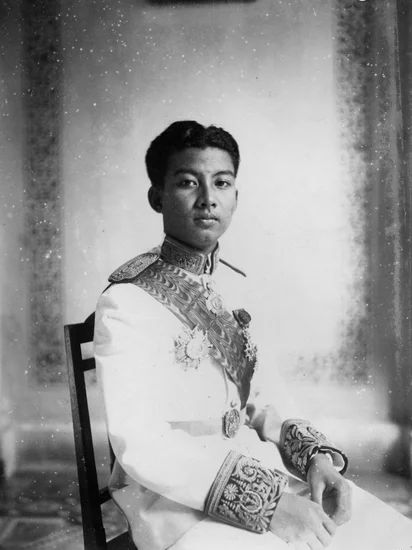
Cambodia’s royal institution returned after decades of civil war and communist rule. King Norodom Sihanouk reclaimed his throne, symbolizing national reconciliation and stability.
The restoration marked Cambodia’s transition from years of devastating conflict toward democratic governance. International observers hailed this development as crucial for regional peace.
1996 – Comprehensive Nuclear-Test-Ban Treaty Signed by 71 Nations
World leaders gathered at the United Nations to sign this historic arms control agreement. The treaty prohibited all nuclear weapons testing, representing humanity’s commitment to non-proliferation.
Diplomatic negotiations had taken years to achieve this breakthrough consensus among nuclear powers. The signing ceremony demonstrated unprecedented international cooperation on weapons control.
2008 – Thabo Mbeki Resigns as President of South Africa
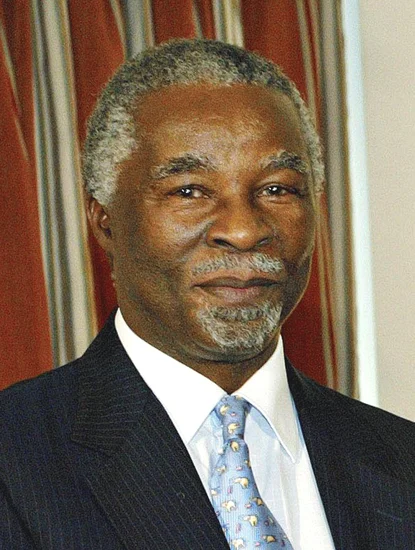
South Africa’s leader stepped down amid political pressure from his own party. Mbeki’s resignation marked a significant shift in post-apartheid South African politics.
The African National Congress had withdrawn support for his presidency following internal disputes. This transition highlighted the complex challenges facing democratic institutions in developing nations.
Military and Naval History on September 24
1960 – USS Enterprise Nuclear-Powered Aircraft Carrier Launched
America’s revolutionary warship entered the water, marking a new era in naval warfare. The Enterprise became the world’s first nuclear-powered aircraft carrier, transforming maritime military strategy.
Eight nuclear reactors powered this massive vessel, eliminating the need for traditional fuel supplies. The carrier’s unprecedented capabilities established American naval supremacy for decades.
1911 – Britain’s First Rigid Airship Wrecked Before Maiden Flight
His Majesty’s Airship No. 1 suffered devastating damage from powerful winds at Barrow-in-Furness. The disaster occurred before the revolutionary aircraft could complete its inaugural journey.
Strong weather conditions destroyed Britain’s ambitious attempt to match German airship technology. This setback delayed British military aviation development during the pre-World War I period.
1932 – Gandhi and Ambedkar Agree to Poona Pact
Indian leaders reached a historic compromise on political representation for marginalized communities. The agreement reserved legislative seats for “Depressed Classes” in provincial assemblies.
This pact resolved intense disagreements between Gandhi and Ambedkar over separate electorates. The compromise became fundamental to India’s approach toward social justice and political inclusion.
1950 – Eastern United States Covered by Thick Haze from Canadian Fire
The massive Chinchaga fire in western Canada created unprecedented atmospheric conditions across America. Dense smoke traveled thousands of miles, blanketing the eastern seaboard in darkness.
Citizens experienced daytime darkness and breathing difficulties as the haze persisted for days. This natural disaster demonstrated how environmental catastrophes could affect entire continental regions.
Science and Discovery Milestones on September 24
1929 – Jimmy Doolittle Performs First Blind Flight

Aviation pioneer Jimmy Doolittle completed history’s first windowless flight using only instruments. His groundbreaking achievement proved that pilots could safely navigate without visual references.
The successful demonstration revolutionized aviation safety and commercial flight operations. Doolittle’s innovation enabled flying in adverse weather conditions previously considered impossible.
2014 – India’s Mars Orbiter Mission Reaches Red Planet

India became the first Asian nation to successfully reach Mars orbit on its initial attempt. The Mars Orbiter Mission established India among elite spacefaring nations.
This achievement cost less than Hollywood space movies while delivering genuine scientific results. India’s success demonstrated that innovative engineering could overcome budget constraints.
2023 – NASA’s OSIRIS-REx Capsule Returns with Asteroid Samples
The spacecraft successfully delivered samples from asteroid Bennu back to Earth after years of space travel. Scientists gained unprecedented access to pristine materials from the solar system’s formation.
These samples promised to unlock secrets about planetary formation and potentially life’s origins. The mission represented humanity’s growing capability to explore and return materials from deep space.
1939 – Hans Geiger Dies, Co-Inventor of Geiger Counter
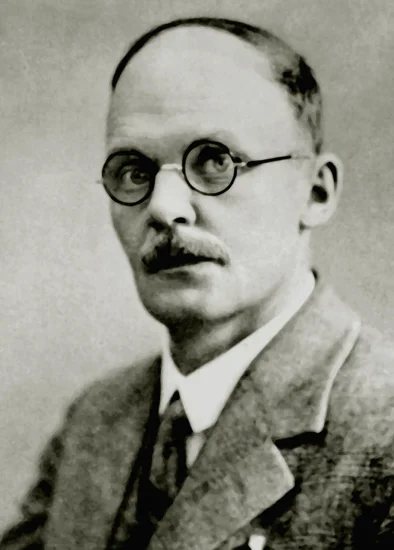
The German physicist who revolutionized radiation detection passed away, leaving behind transformative scientific instruments. His Geiger counter became essential for nuclear research and safety monitoring.
Geiger’s innovations enabled scientists to measure radioactivity with unprecedented precision. His work proved crucial for both peaceful nuclear applications and understanding atomic physics.
Cultural and Arts Events on September 24
1935 – First Rodeo Held Under Electric Lights

Earl and Weldon Bascom produced the first-ever outdoor rodeo illuminated by electric lighting. Their innovation transformed this traditional Western sport into evening entertainment.
The breakthrough allowed working people to attend rodeo events after completing their daily jobs. Electric lighting expanded rodeo’s audience and established it as mainstream American entertainment.
1936 – Jim Henson Born, Creator of The Muppets

The future puppeteer and entertainment visionary entered the world in Mississippi. Henson’s childhood creativity would eventually revolutionize children’s television and popular culture.
His innovative approach to puppetry combined sophisticated humor with educational content. Henson’s creations became beloved worldwide, inspiring generations of children and adults alike.
1948 – Phil Hartman Born, Comedian and Actor
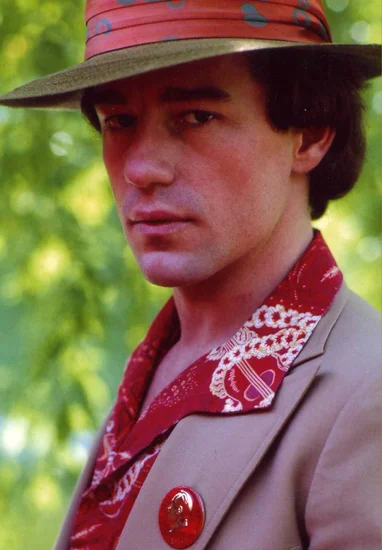
The Canadian-American performer was born in Ontario before moving to the United States. Hartman’s comedic talents would later make him a Saturday Night Live legend.
His versatile voice acting and character work influenced comedy television for decades. Hartman’s contributions to entertainment continued inspiring performers long after his tragic death.
1962 – Linda McCartney Born, Photographer and Activist

The future photographer and animal rights advocate was born in New York. McCartney’s artistic vision would document the counterculture movement and rock music history.
Her marriage to Paul McCartney brought her into the spotlight of popular culture. Beyond fame, she championed vegetarianism and environmental causes with passionate dedication.
Religious and Social Events on September 24
1906 – Atlanta Race Riot Erupts Due to Racial Tensions

Inflammatory rumors sparked violent confrontations between white and black residents in Atlanta. The devastating riot resulted in numerous deaths and widespread property destruction.
This tragedy highlighted the deep racial divisions plaguing the American South during the Jim Crow era. The violence intensified segregation policies and damaged race relations for generations.
1932 – Poona Pact Addresses Untouchables’ Political Rights
Gandhi and Dr. Ambedkar reached a crucial compromise on political representation for India’s most marginalized communities. The agreement reserved legislative seats for “Depressed Classes” in provincial assemblies.
This historic pact resolved intense disagreements over separate electorates for untouchables. The compromise became fundamental to India’s approach toward social justice and democratic inclusion.
2007 – Massive Anti-Government Protests in Burma

Between 30,000 and 100,000 demonstrators took to Yangon’s streets in the largest protests in twenty years. Buddhist monks led the peaceful resistance against military rule.
The Saffron Revolution captured international attention and sympathy for Burma’s democracy movement. Government crackdowns on protesters sparked worldwide condemnation of military authorities.
2015 – Hajj Stampede Kills Over 1,100 Pilgrims

A devastating crowd crush during the Islamic pilgrimage in Saudi Arabia resulted in massive casualties. The tragedy occurred during one of Islam’s most sacred religious observances.
Saudi authorities faced intense criticism over crowd management and safety preparations. This disaster prompted major reforms in pilgrimage organization and emergency response procedures.
Business and Economic Events on September 24
1948 – Honda Motor Company Founded
Soichiro Honda established his motorcycle and automotive manufacturing company in Japan. The small startup would eventually become one of the world’s largest vehicle manufacturers.
Honda’s innovative engineering and quality focus revolutionized both motorcycle and automobile industries. The company’s success demonstrated Japan’s emergence as a global manufacturing powerhouse.
1946 – Cathay Pacific Airways Founded in Hong Kong
The airline was established with ambitious plans to serve the growing Asian aviation market. Cathay Pacific became a major player in international air travel.
The company’s strategic Hong Kong location enabled it to capitalize on growing trade between East and West. Cathay Pacific’s success contributed significantly to Hong Kong’s development as a transportation hub.
1904 – Niels Ryberg Finsen Dies, Nobel Prize Winner

The Faroese-Danish physician and researcher passed away after pioneering light therapy treatments. Finsen’s medical innovations earned him the Nobel Prize in Physiology or Medicine.
His research into light’s therapeutic properties revolutionized treatment for certain skin conditions. Finsen’s work laid crucial groundwork for modern phototherapy and dermatological medicine.
2009 – G20 Summit Begins in Pittsburgh

Thirty global leaders gathered to address the worldwide financial crisis affecting all major economies. The summit represented unprecedented international cooperation on economic recovery.
World leaders coordinated monetary policies and financial regulations to prevent future crises. The Pittsburgh meeting demonstrated how global economic challenges required collaborative solutions.
Transportation and Infrastructure on September 24
1906 – Devils Tower Becomes America’s First National Monument
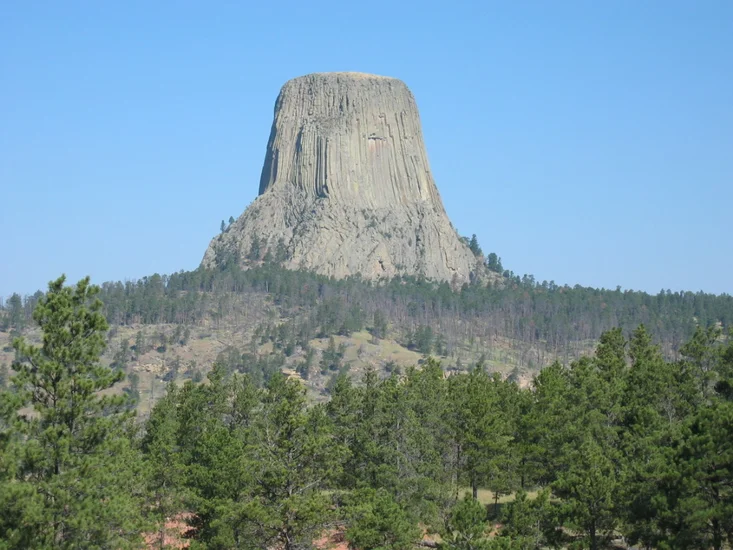
President Theodore Roosevelt designated Wyoming’s geological marvel as the nation’s first National Monument. This action established America’s commitment to preserving natural landmarks for future generations.
The distinctive rock formation became a symbol of American conservation efforts. Roosevelt’s decision created a precedent for protecting unique geological and historical sites nationwide.
1954 – AEC Routemaster London Bus Introduced
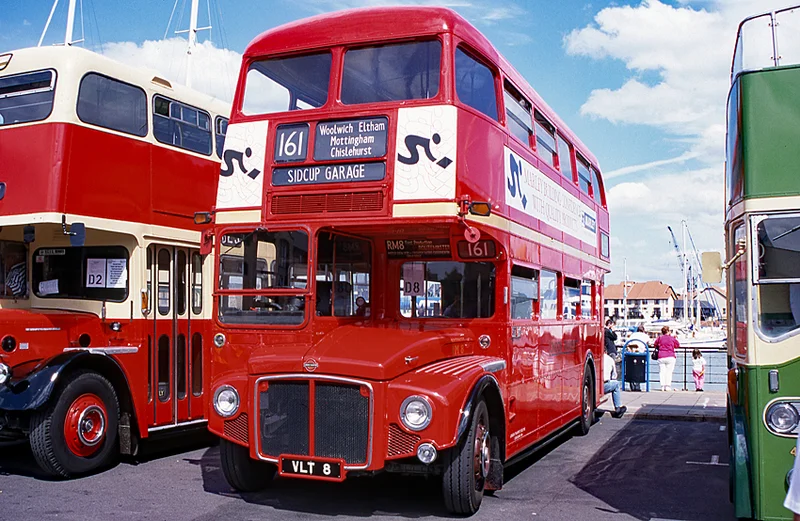
The iconic double-decker bus began service on London’s streets, becoming a symbol of British transportation. The Routemaster’s distinctive design served passengers for decades.
This revolutionary vehicle combined functionality with aesthetic appeal, creating an enduring cultural icon. The bus’s design influenced urban transportation systems throughout the Commonwealth.
1959 – TAI Flight 307 Crashes at Bordeaux Airport

The tragic aviation accident during takeoff claimed fifty-five lives at Bordeaux-Mérignac Airport. The disaster highlighted ongoing safety challenges in commercial aviation.
Investigators examined the crash to improve aircraft safety protocols and procedures. This tragedy contributed to enhanced safety measures that made flying increasingly secure.
1972 – Japan Airlines Flight 472 Lands at Wrong Airport

The commercial aircraft mistakenly landed at Juhu Aerodrome instead of Bombay’s main airport. This navigation error created significant safety concerns and operational challenges.
The incident prompted improvements in airport identification systems and pilot training procedures. Airlines implemented additional safety protocols to prevent similar navigation mistakes.
Sports and Recreation on September 24
1975 – Mount Everest Conquered via Southwest Face
British expedition members became the first climbers to reach Everest’s summit using a face route instead of traditional ridge approaches. This achievement represented a breakthrough in mountaineering technique.
The successful climb demonstrated advanced climbing skills and equipment innovations. Their accomplishment inspired future expeditions to attempt increasingly challenging routes.
1971 – John Mackey Born, American Football Player
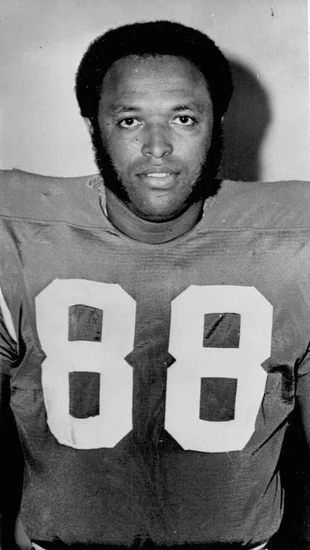
The future NFL tight end was born in New York, destined to revolutionize his position. Mackey’s athletic abilities would redefine how tight ends played professional football.
His combination of size, speed, and receiving skills created a new template for the position. Mackey’s innovations influenced how teams utilized tight ends in offensive strategies.
1946 – Joe Greene Born, Pittsburgh Steelers Legend
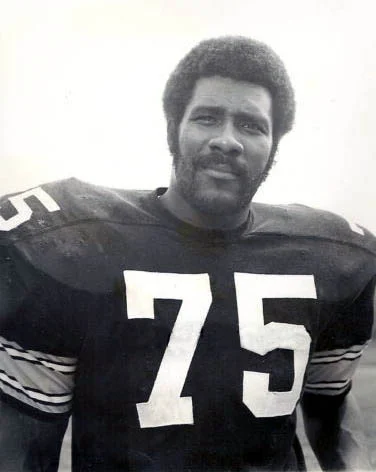
The future NFL Hall of Fame defensive tackle was born in Texas. Greene’s dominant play would anchor Pittsburgh’s “Steel Curtain” defense during their championship era.
His intimidating presence and exceptional skills made him one of football’s most feared defenders. Greene’s leadership helped establish the Steelers as a dominant NFL franchise.
1962 – Ally McCoist Born, Scottish Football Manager

The future Rangers striker and manager was born in Scotland. McCoist’s scoring ability and charismatic personality would make him a beloved figure in Scottish football.
His prolific goal-scoring record established him among Scotland’s greatest players. McCoist’s transition to management continued his influential role in Scottish football.
Notable Births on September 24
1905 – Severo Ochoa Born, Nobel Prize-Winning Biochemist
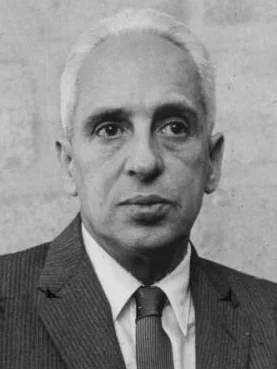
The Spanish-American physician and researcher was born in Spain before emigrating to America. Ochoa’s groundbreaking work in molecular biology earned him the Nobel Prize in Physiology or Medicine.
His research into RNA and protein synthesis revolutionized understanding of cellular processes. Ochoa’s discoveries laid crucial foundations for modern genetic engineering and biotechnology.
1911 – Konstantin Chernenko Born, Soviet Leader
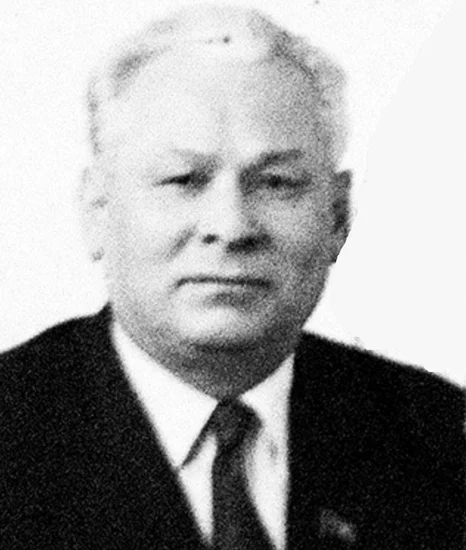
The future General Secretary of the Communist Party was born in rural Russia. Chernenko’s rise through party ranks reflected the Soviet Union’s political structure during the Cold War era.
His brief leadership marked the final phase of elderly Soviet leadership before reform. Chernenko’s tenure preceded the dramatic changes that would transform the Soviet Union.
1920 – Ovadia Yosef Born, Influential Rabbi
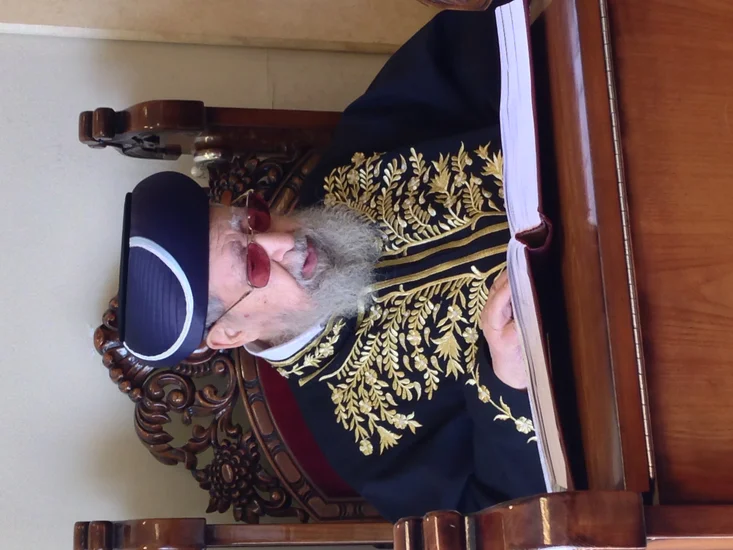
The Iraqi-born religious leader was born in Baghdad before moving to Israel. Yosef became one of the most influential Sephardic rabbis in modern Jewish history.
His religious rulings and political influence shaped Israeli society for decades. Yosef’s teachings continue influencing Sephardic Jewish communities worldwide.
1941 – Linda McCartney Born, Photographer and Activist

The future photographer and animal rights advocate was born in New York. McCartney’s artistic vision would document the counterculture movement and rock music history.
Her marriage to Paul McCartney brought her into the spotlight of popular culture. Beyond fame, she championed vegetarianism and environmental causes with passionate dedication.
1958 – Kevin Sorbo Born, Television Actor

The future star of “Hercules: The Legendary Journeys” was born in Minnesota. Sorbo’s charismatic performance would make him a television icon of the 1990s.
His portrayal of the mythical hero attracted audiences worldwide to syndicated television. Sorbo’s success demonstrated the global appeal of adventure-based entertainment programming.
Notable Deaths on September 24
1991 – Dr. Seuss Dies, Beloved Children’s Author

Theodor Seuss Geisel passed away after creating some of the most beloved children’s books in history. His whimsical stories and distinctive illustrations captivated generations of young readers.
Books like “The Cat in the Hat” and “Green Eggs and Ham” became cultural touchstones. Dr. Seuss’s creative genius continues inspiring children’s literature and early childhood education.
1982 – Sarah Churchill Dies, Actress and Winston Churchill’s Daughter
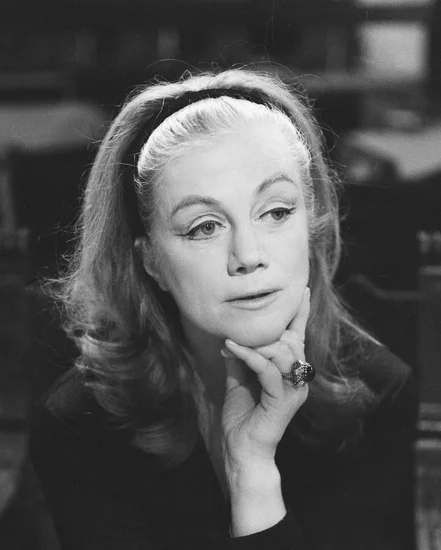
The accomplished performer passed away after a distinguished career in theater and film. Churchill balanced her artistic pursuits with the complexities of being the wartime Prime Minister’s daughter.
Her acting talent earned recognition independent of her famous family name. Churchill’s life reflected the challenges faced by children of prominent political figures.
1996 – Zeki Müren Dies, Turkish Musical Legend
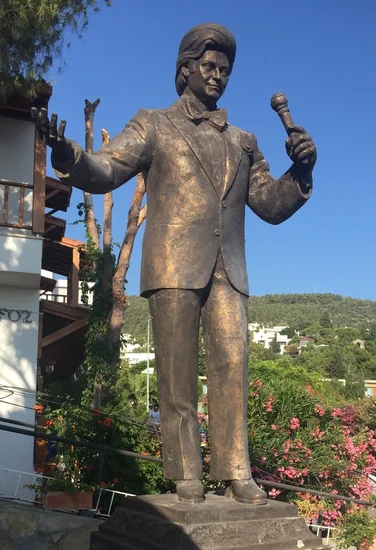
The beloved Turkish singer-songwriter passed away after revolutionizing Turkish popular music. Müren’s distinctive voice and flamboyant style made him an iconic cultural figure.
His innovative approach to traditional Turkish music influenced generations of performers. Müren’s legacy continues shaping Turkish popular culture and musical expression.
2002 – Mike Webster Dies, NFL Hall of Fame Center

The Pittsburgh Steelers legend passed away after a distinguished professional football career. Webster’s exceptional play anchored the offensive line during Pittsburgh’s championship years.
His post-football struggles with brain injuries highlighted the long-term health consequences of professional sports. Webster’s case contributed to increased awareness of chronic traumatic encephalopathy.
2014 – Christopher Hogwood Dies, Classical Music Conductor
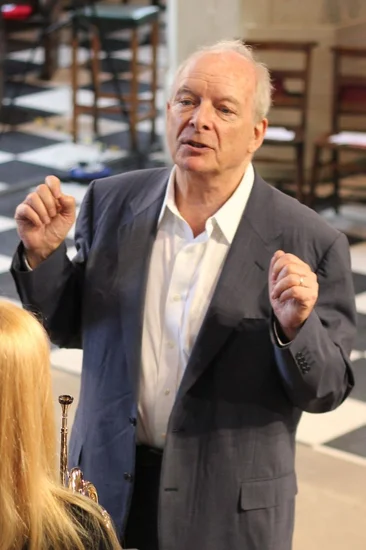
The renowned harpsichordist and conductor passed away after founding the Academy of Ancient Music. Hogwood’s scholarship and performance practice revolutionized baroque music interpretation.
His historically informed performances brought new life to classical masterworks. Hogwood’s influence shaped modern approaches to performing early music with authentic instruments.
Holidays and Observances on September 24
Armed Forces Day in Peru
Peru honors its military personnel and their service to the nation. The observance recognizes the armed forces’ role in protecting national sovereignty and security.
Citizens participate in parades and ceremonies celebrating military traditions. This holiday strengthens the bond between civilian society and military institutions.
Heritage Day in South Africa
South Africa celebrates its rich cultural diversity and historical legacy. The holiday promotes unity among the nation’s various ethnic and cultural communities.
Citizens embrace their multicultural heritage through festivals, food, and traditional celebrations. Heritage Day reinforces South Africa’s commitment to inclusive national identity.
Independence Day in Guinea-Bissau
The West African nation commemorates its 1973 independence from Portuguese colonial rule. This national holiday celebrates freedom and self-determination.
Citizens participate in patriotic ceremonies and cultural events throughout the country. Independence Day reinforces national pride and unity among Guinea-Bissau’s diverse population.
Mahidol Day in Thailand
Thailand honors Prince Mahidol Adulyadej, known as the “Father of Modern Medicine and Public Health.” The observance recognizes his contributions to Thai healthcare and education.
Medical professionals and students participate in ceremonies honoring Prince Mahidol’s legacy. This holiday emphasizes the importance of healthcare and medical education in Thai society.
Republic Day in Trinidad and Tobago
The Caribbean nation celebrates its establishment as a republic within the Commonwealth. This holiday marks Trinidad and Tobago’s full sovereignty and democratic institutions.
Citizens participate in patriotic celebrations and cultural events throughout the islands. Republic Day reinforces national identity and pride in democratic achievements.
